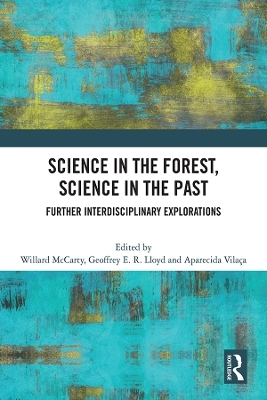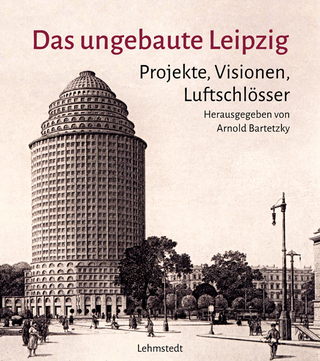
Science in the Forest, Science in the Past
Routledge (Verlag)
978-1-032-15072-7 (ISBN)
Science in the Forest, Science in the Past: Further Interdisciplinary Explorations comprises of papers from the second of two workshops involving a group of scholars united in the conviction that the great diversity of knowledge claims and practices for which we have evidence must be taken seriously in their own terms rather than by the yardstick of Western modernity.
Bringing to bear social anthropology, history and philosophy of science, computer science, classics and sinology among other fields, they argue that the use of such dismissive labels as ‘magic’, ‘superstition’ and the ‘irrational’ masks rather than solves the problem and reject counsels of despair which assume or argue that radically alien beliefs are strictly unintelligible to outsiders and can be understood only from within the system in question. At the same time, they accept that how to proceed to a better understanding of the data in question poses a formidable challenge. Key problems identified in the inaugural workshop, whose proceedings were published in HAU: Journal of Ethnographic Theory (2019) and in HAU Books (2020), provided the basis for asking how obvious pitfalls might be avoided and a new or revised framework within which to pursue these problems proposed.
The chapters in this book were originally published in Interdisciplinary Science Reviews.
Willard McCarty works on relations among the interpretative human and computational sciences. He is Editor of Interdisciplinary Science Reviews and founding convenor of the online seminar for digital humanities, Humanist (1987– ). His current project is a study of what can be done with artificial intelligence to improve curiosity’s well- being. Geoffrey E. R. Lloyd is based at the Needham Research Institute in Cambridge. The most recent of his many general cross-cultural studies of human cognitive experience is Intelligence and Intelligibility (2020). Aparecida Vilaça is a social anthropologist from Museu Nacional, Universidade Federal do Rio de Janeiro. She has been working with the Wari’, an indigenous Amazonian people, for the last thirty years. Her main research themes are cannibalism, warfare, conversion to Christianity, schooling and mathematical knowledge.
Preface 1. Introduction 2. Philosophical engagements with distant sciences 3. Mongolian map-making as practice 4. Star canoes, voyaging worlds 5. Counting generation(s) 6. A pagan arithmetic: unstable sets in indigenous Amazonia 7. As perceived, not as known: digital enquiry and the art of intelligence 8. Inventing Artificial Intelligence in Ethiopia 9. Mereological themes in cuneiform worldmaking 10. Monteverdi’s unruly women and their Amazonian sisters
| Erscheinungsdatum | 31.01.2024 |
|---|---|
| Reihe/Serie | Interdisciplinary Studies |
| Verlagsort | London |
| Sprache | englisch |
| Maße | 174 x 246 mm |
| Gewicht | 453 g |
| Themenwelt | Geisteswissenschaften ► Geschichte |
| Naturwissenschaften | |
| ISBN-10 | 1-032-15072-6 / 1032150726 |
| ISBN-13 | 978-1-032-15072-7 / 9781032150727 |
| Zustand | Neuware |
| Informationen gemäß Produktsicherheitsverordnung (GPSR) | |
| Haben Sie eine Frage zum Produkt? |
aus dem Bereich


